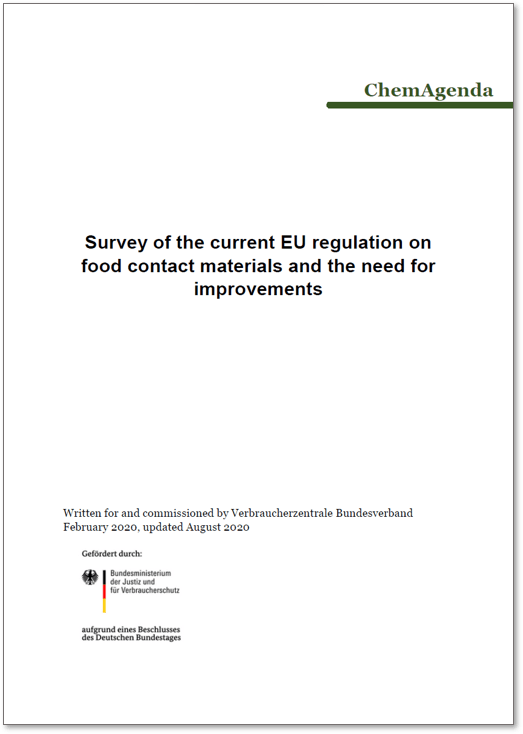Since its inception in 1976, there has been no systematic assessment or evaluation of the legislation governing Food Contact Materials (FCM). This lack of evaluation is notable, especially when compared to developments in other chemical legislations like the REACH Regulation (2006), the Cosmetics Regulation (2009), the Toys Safety Directive (2009), and regulations on pesticides (2009) and biocides (2012). These newer legislations could offer more modern approaches for updating FCM legislation.
The current regulatory system for FCM is criticized as outdated. It heavily relies on industry responsibility to ensure product safety but fails to provide clear information about who is ultimately responsible for this safety. The fundamental safety requirement outlined in Article 3 of the FCM framework Regulation lacks the necessary guidance, tools, and controls for effective implementation.
Despite general public unawareness, the problems with the current legislative framework for FCM have been recognized for years within the FCM community. This community includes the European Commission, the European Food Safety Authority (EFSA), Members of the European Parliament, health and environment NGOs, companies marketing FCM, and Member States’ Authorities.
In 2018, the European Commission initiated an evaluation of the current FCM legislation. This was followed by the Farm to Fork strategy in May 2020, in which the Commission committed to proposing a revision of the FCM legislation by late 2022.
The report provides an overview of the current FCM legislation and offers several proposals to improve the system. These proposals are based on recent stakeholder initiatives and their key concerns. The report also describes effective tools and approaches used in other chemical product regulations, such as placing responsibility for safety assessment (as seen in the Cosmetics Regulation and REACH), procedures for information gathering and exchange (as under REACH), and provisions to avoid unacceptable hazards. Additionally, it highlights the need to address urgent issues common to all EU chemical legislations, including concerns about endocrine disruptors and mixture effects, and the necessity of assessing and regulating chemicals in groups. Specifically, there is a need to develop mechanisms for identifying and regulating endocrine disruptors in FCM legislation and in other product governance.
The report recommends a comprehensive review of the current FCM legal framework, encompassing clear supply chain obligations for data supply and sharing, harmonized measures for all materials, industry guidance, risk assessments based on “foreseeable use” of final articles, mechanisms to consider cocktail and mixture effects, efficient enforcement, and a fundamental goal to minimize exposure in alignment with the precautionary principle.

